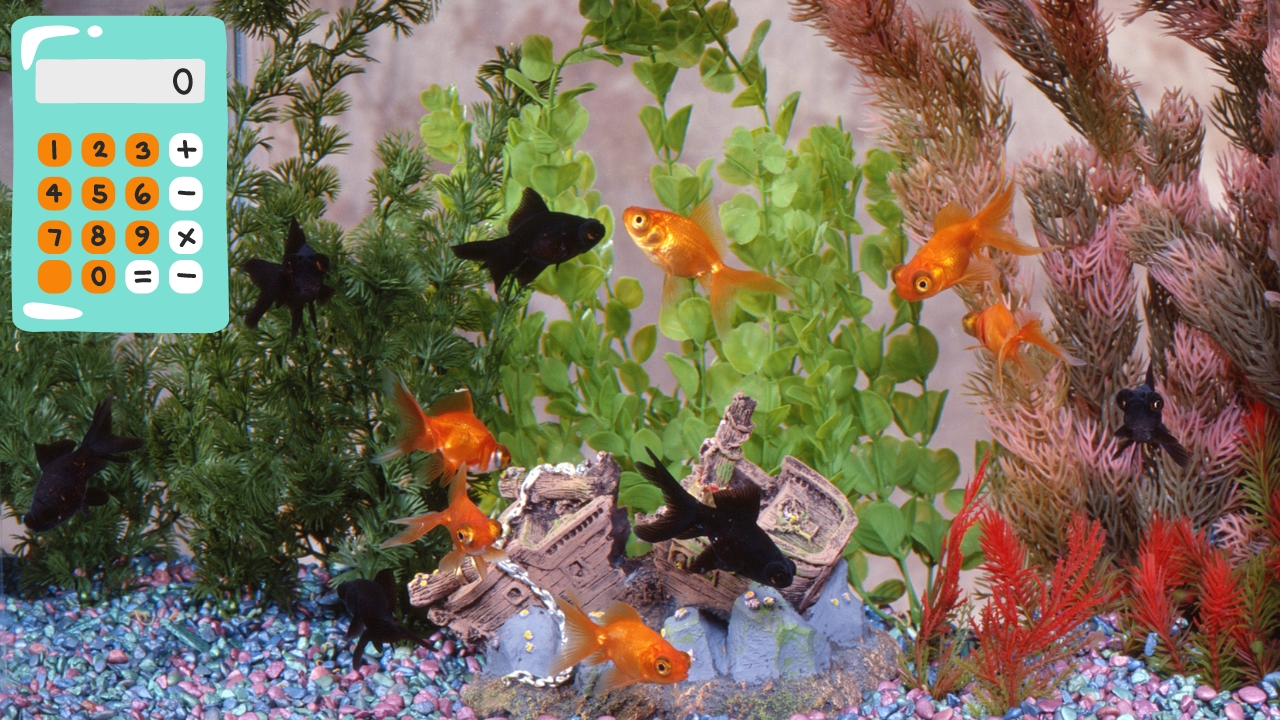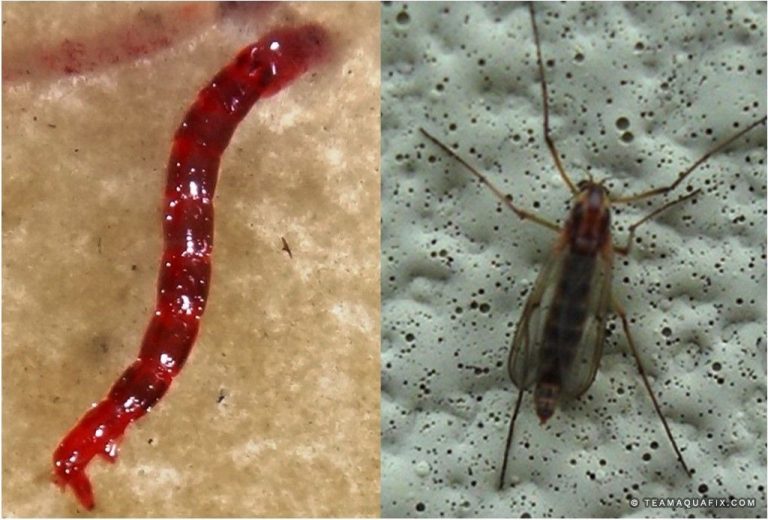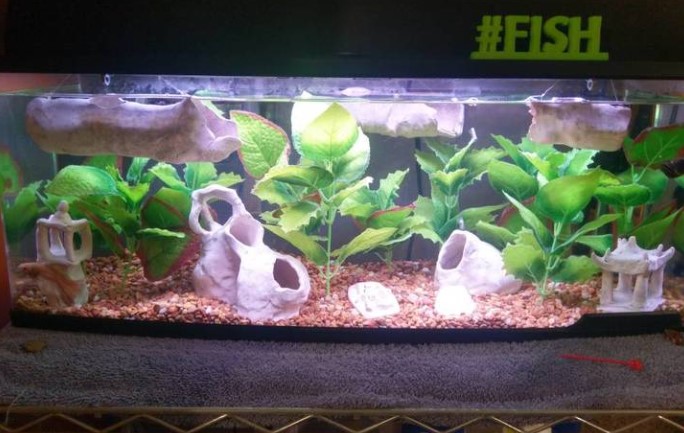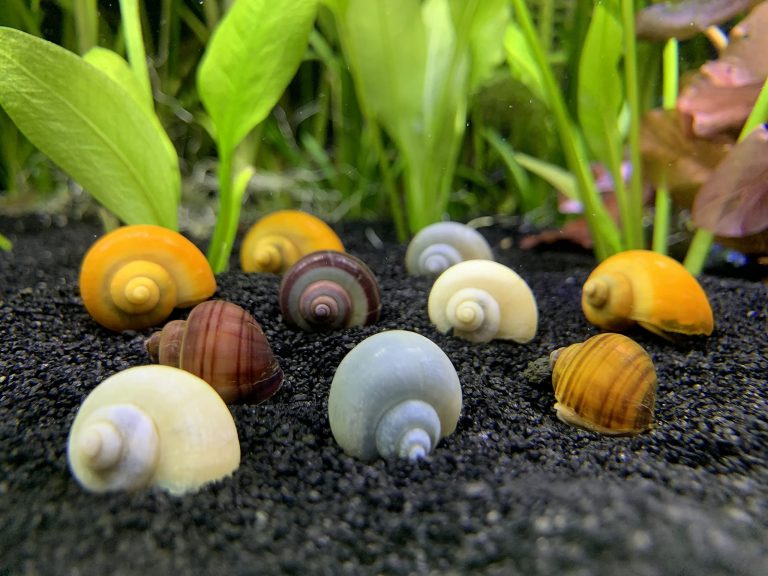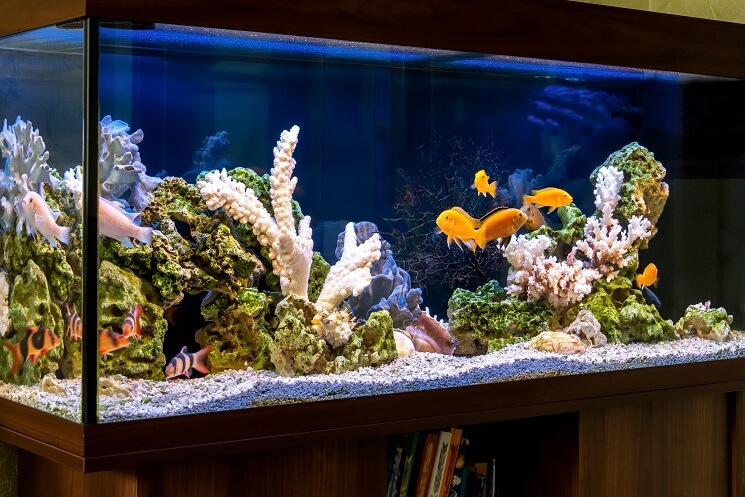What Happens When You Overstock Your Fish Tank
What Happens When You Overstock Your Fish Tank?
Overstocking a fish tank may seem like a great way to create a vibrant and lively underwater ecosystem. However, it can lead to a host of problems for both the fish and the tank itself. In this article, we will explore the consequences of overstocking your fish tank and why it’s important to maintain a proper balance.
1. Poor water quality
When you overstock your fish tank, the most immediate and significant consequence is poor water quality. A limited amount of water in the tank is unable to dilute the waste produced by an excessive number of fish. This waste includes uneaten food, fish excrement, and other organic matter. As a result, ammonia and nitrite levels quickly rise, leading to adverse conditions that can harm the fish.
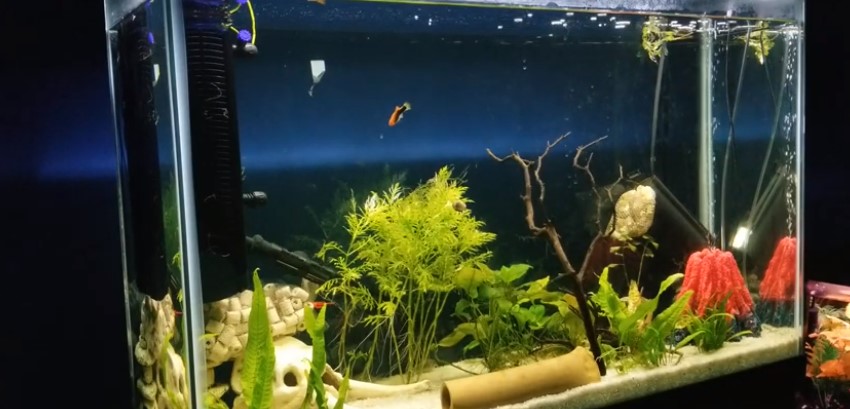
Dangers of ammonia and nitrite
Ammonia is highly toxic to fish, and even low levels can cause stress, illness, and eventually death. Nitrites, which are produced by the breakdown of ammonia, are also toxic and can lead to a condition called nitrite poisoning. Fish experiencing nitrite poisoning may exhibit symptoms such as labored breathing, loss of appetite, and lethargy.
Poor oxygenation
Overstocking a fish tank can also impact the oxygen levels in the water. As the fish respire and produce carbon dioxide, the oxygen supply can become depleted. Insufficient oxygen can lead to suffocation, especially in crowded tanks where the demand for oxygen is high. This lack of oxygen can cause stress and weaken the immune systems of the fish, making them more susceptible to diseases.
2. Increased aggression and stress
Fishes are territorial creatures, and overstocking a tank can create an overcrowded and anxiety-inducing environment. The limited space available can lead to increased aggression as fish vie for territory, food, and mates. Aggressive behaviors such as fin-nipping, chasing, and fighting can occur more frequently, causing stress and physical harm to the fish. This heightened stress weakens their immune system, making them more prone to diseases and infections.
3. Stunted growth and poor health
Limited space and resources in an overstocked tank can result in stunted growth and poor overall health of the fish. When fish don’t have enough room to swim and exercise, their muscles become weak, and their growth can be stunted. Inadequate nutrition due to competition for food can also weaken their immune systems, making them susceptible to diseases and infections. Overstocked tanks often lead to underfed and malnourished fish, which inevitably impacts their health and lifespan.
4. Increased maintenance and cost
Overstocking a fish tank increases the demand for maintenance and upkeep. With more fish producing a larger amount of waste, frequent water changes and filter cleanings become essential to maintain water quality. The cost of water treatments, filter media replacements, and additional equipment to keep up with the demands of an overcrowded tank also adds up over time. Furthermore, the likelihood of diseases and infections is higher in overstocked tanks, requiring additional treatments and medication, further increasing costs.
5. Potential for loss and tank crashes
An overstocked tank carries a high risk of complete tank crashes, where multiple fish die within a short period. The poor water quality, aggression, stress, and weakened immune systems make fish more susceptible to diseases and infections. Once an outbreak occurs, the close proximity of fish in an overcrowded tank aids in the rapid spread of these illnesses. If not addressed promptly, a tank crash can result in significant losses and even wipe out an entire fish population.
Frequently Asked Questions
Q: How do I know if my fish tank is overstocked?
A: One simple guideline to follow is the “one inch of fish per gallon of water” rule. However, this rule does not account for the specific needs and behaviors of each fish species. It’s best to research the requirements of each fish you plan to keep and consider their adult size and territorial needs. Consulting with a knowledgeable aquarium hobbyist or professional can also provide valuable insights.
Q: Can I add more filtration to compensate for overstocking?
A: While adding more filtration may help improve water quality to some extent, it is not a solution for overstocking. Filtration can only handle a certain amount of waste before becoming overwhelmed. It’s essential to maintain a balanced and healthy fish-to-water ratio to ensure the well-being of the fish.
Q: What should I do if my fish tank is already overstocked?
A: If you realize that your tank is overstocked, it’s important to take immediate action. You can consider rehoming some of the fish to a larger tank or finding them new homes with fellow aquarium enthusiasts. Another option is to upgrade to a larger tank that can accommodate the needs of your fish. Regular monitoring of water parameters, frequent water changes, and proper filtration will also help mitigate some of the issues caused by overstocking.
Final Thoughts
While the temptation to fill your fish tank with a multitude of colorful and fascinating fish may be strong, it’s important to resist the urge and maintain a balanced fish-to-water ratio. Overstocking can lead to numerous problems, ranging from poor water quality and increased aggression to stunted growth and a higher risk of diseases. By carefully planning and researching the needs of each fish species, you can create a healthy and harmonious underwater environment that benefits both your fish and your enjoyment of the hobby.
